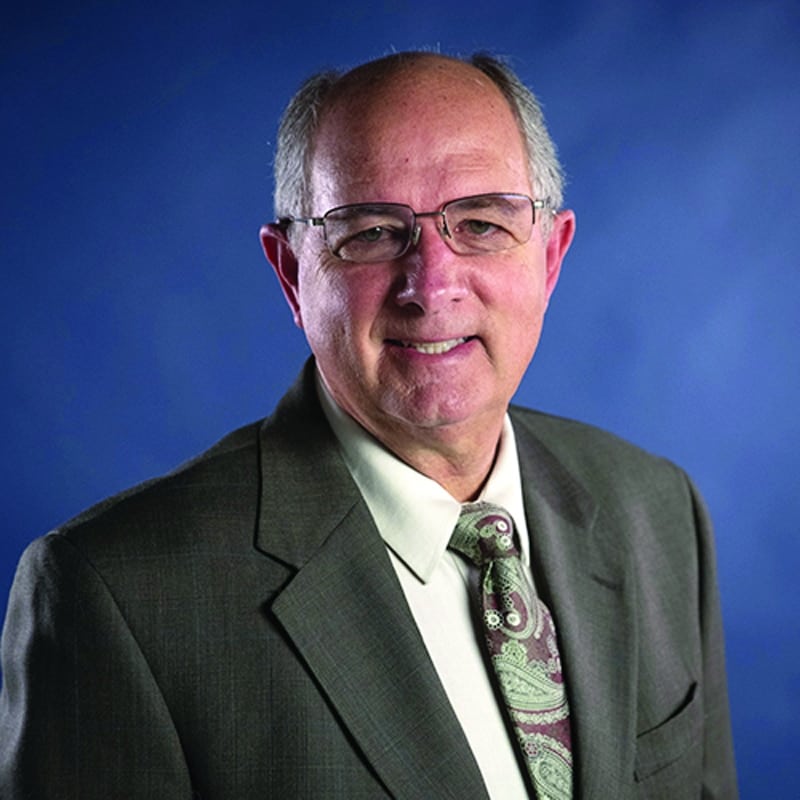By John Hebert, Louisiana Baptists missions and ministry team leader
I am an avid sports fan. Basketball, golf, football, baseball – it doesn’t matter, I love them all.
One of the most fascinating things for me about athletics is the skill levels of players. Some are gifted physically, blessed with height and a big body frame, for example. But, they are not necessarily the top performers in their sport because they do not possess the same level of skills of the great players.
Take basketball for example. If it just took physicality, every tall and strong person could play in the NBA. But obviously, that is not the case. The NBA has its share of big players, but these men have honed their skills in shooting, dribbling, passing and rebounding in ways few have mastered.
In football there are positions filled by “skilled players” – quarterbacks, running backs, wide receivers, field goal kickers (people who put points on the board) and punters (guys who keep the other team on the other side of the field). They are “specialists” who have developed unique skill sets in order to make a team.
In his biography, legendary coach Paul “Bear” Bryant made some key observations about the differences between natural physical characteristics and learned abilities.
“Players can be divided roughly, into four types: Those who have ability and know it; those who have ability and don’t know it; those who don’t have it and know it; and, those who don’t have it and don’t know it,” he said.
“The great ones, anybody can coach,” he added.” The one that makes you proud is the one who isn’t good enough to play, but it means so much. He puts so much into it, (skills mastery) that he plays anyway. I have a lot of those, and I can coach them better than most. The ones who have ability and don’t use it are the ones who eat your guts out.”
[“Bear: The Hard Life and Good Times of Alabama’s Coach”]
I have been state director of missions as well as team leader for missions and ministries for the Louisiana Baptist Convention for the past eight years, and, I have been involved in church planting as an LBC strategist for the past 20 years. Prior to coming to the Convention I was a pastor for many years.
In all my experiences I’ve noticed a huge similarity among ministers, especially church planters, in terms of what Coach Bryant wrote about in the area of skills and skill development.
There are those who possess the skills of successful ministry and know it because they’ve been diligent to develop those skills. Yet, at the same time, there are those who have the skills and could not list the skill set. But if you talked to them they could describe practices that they do instinctively. In other words, they do not even know they have the skill.
This also holds true for pastors in terms of applying the rest of Coach Bryant’s quote.
My point is this: whether playing sports or planting churches, there are definite skills that have to be learned in order to be successful. The same is true of pastors.
What are the necessary skills to be successful in ministry?
For years, our church planting team has worked with assessment tools to help us predict the success of would-be church planters in Louisiana.
Some possess these skills and know they have them. At the same time, some don’t have the needed abilities, and they know it.
But, skills can be learned by those who have the drive to master them.
The call of God is by far the most important thing in the life of a pastor or church planter. But after you are called, what you learn is very important. There are very few ministers who can lead without training.
My goal is to write about the skills of successful church planters — and not just for church planters and pastors. My intention is to inform readers about what abilities are needed to lead, and also to provide resources to learn and master these skills for maximum success. (More to follow in subsequent editions of the Baptist Message)




